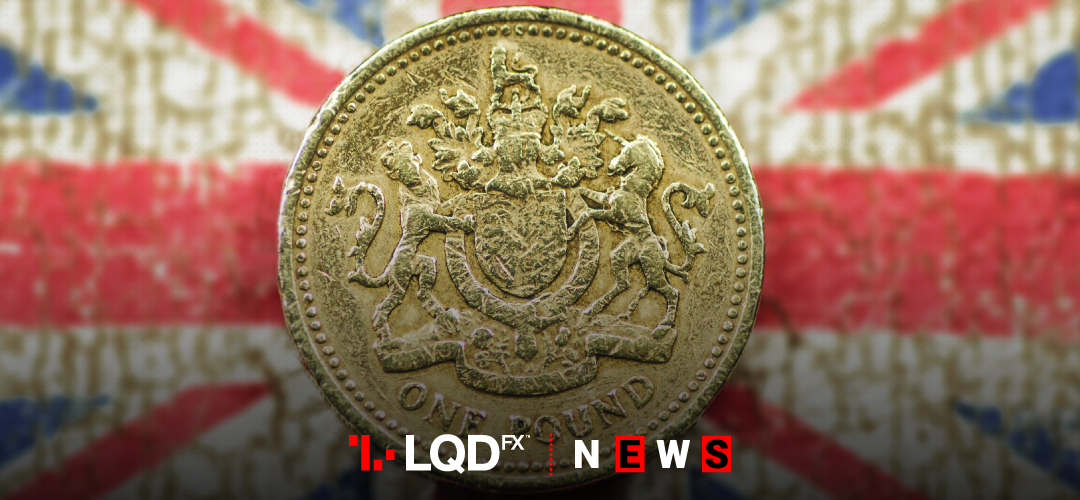Record 10th week of consecutive losses for pound was this week although the British currency edged higher on Friday.
Weak data and the growing possibility of interest rate cuts after a chaotic Brexit kept investors side-lined.
Hopes the Bank of England will raise rates have been one of the few supports for the pound in recent weeks. Its peers, i.e. the Federal Reserve, the ECB and other central banks turned dovish. Recent dismal data have dashed those hopes.
At the same time, concern has grown about a no-deal Brexit. The favourite to be next prime minister, Boris Johnson, sees that Oct. 31 deadline as set in stone. Whether Britain reaches an agreement with the EU on the terms of its departure is not taken into consideration.
The pound has struggled this week against other currencies, notably the dollar and the euro. Versus the euro, the pound was flat at 89.81 pence, but was still on track for a record 10th consecutive week of losses. Against the dollar, the pound edged 0.1% higher at $1.2539.
Investors remained wary about the British currency’s outlook on growing economic headwinds and political fears. The British currency plumbed to a two-year low this week at $1.2439. Yet, some market watchers are turning optimistic towards the pound after its recent drop.
START TRADINGForex – Record 10th week of losses for pound
The dollar’s weakness revived carry trades, where hedge funds borrow in low-yielding currencies such as the Swiss franc and the euro to purchase higher-yielding. Other currencies benefited from a weaker dollar were in markets whose central banks signalled a confident outlook to interest rates.
The dollar fell for a third consecutive day on Friday. Stronger-than-expected U.S. inflation data failed to shake convictions that the Federal Reserve will start cutting interest rates at a policy meeting later this month. Against a basket of peers, the dollar fell 0.1% and was on track for its biggest weekly drop in three weeks.
On Friday, the New Zealand dollar gained 0.3% to $0.6665.
The Canadian dollar rallied to a 10-month high versus the U.S. dollar. Canada’s central bank said this week it had no intention of easing monetary policy. However, Bank of Canada highlighted the risks that trade wars posed to the global economy.
The euro trimmed earlier gains after ECB official said on Friday the ECB will need to adopt further expansionary measures if the euro zone economy does not pick up. The common currency was flat at $1.1258.
Oil prices climbed on Friday and were on track for a weekly gain. U.S. oil producers in the Gulf of Mexico cut more than half their output because of a tropical storm. Tensions continued to simmer in the Middle East. Brent prices have climbed 4.1% this week while WTI has gained 4.9%. Both registered declines last week.
Gold prices rose on Friday and was on track to post a weekly gain. An easing dollar and weaker than expected Chinese trade data which stoked global growth concerns supported the precious metal. Gold has risen about 0.6% so far this week.
PLEASE NOTE The information above is not investment advice.
Sources: Reuters, Investing, CNN money
